
Аннотация
http://interlanguages.net/manual.html
COMPLETE MANUAL
OF THE AUXILIARY LANGUAGE
IDO
Revised by L. DE BEAUFRONT
In conformity with the decisions of the Ido Academy
IDO - LINGUO INTERNACIONA DI LA DELEGITARO
Preface to the Second Edition
It is a pleasure to add my good wishes for the success of this second edition of the excellent `Manual'. I seem to read increasingly often today (but only in England) that English is becoming the international language. I have travelled a good deal in Europe, and I deny that English is within any measurable distance of becoming an International Language. I have rarely met a foreigner who could converse reasonably in English on any serious subject unless he had lived for some years in England. Apart from the irritating irregularities of English grammar, English pronunciation is the great stumbling block, and seems to have been specially designed to confound the foreigner - perhaps as a defence for our island home! Some time back I listened to a broadcast in English by Mons. Jacques Rueff, the eminent French monetary expert. M. Rueff spoke fluently; but although monetary theory is a hobby of mine, and I am familiar with the accent of the Frenchman's English, in every sentence that M. Rueff spoke, at least one word entirely baffled me. If M. Rueff had spent on Ido only a fiftieth of the time that he has evidently spent on learning English, he could have made himself more intelligible to me.
Just a word on pronunciation. It is commonly said that the English are not good at learning foreign languages. This is untrue. The reason why the foreigner can generally recognise the Englishman from his accent is that we have been badly taught. From earliest days our textbooks have given as a model for the sound of the continental vowels the phrase: `Pa may we go too', in which the second and fourth vowels are quite wrong. Unfortunately also, British Idists copied this model in their textbooks, and whereas perhaps some Britons do not mind if their accent in French betrays their nationality, the sole aim of Ido is to supply one auxiliary language for all nations, and it is essential that we all pronounce the language alike. I therefore suggest that in English Ido textbooks, we use the English model for vowel pronunciation: `Pa there we saw you', and we shall then be able to meet continental Idists with a brave face.
London, 3 April 1973
Henry Meulen
The Value of Ido
The study of an auxiliary planned language such as Ido (reformed Esperanto) gives us a clear insight into the structure of our own and foreign languages. With no exceptions in its grammatical structure, it provides a clear and logical basis of comparitive language study and serves as the best key and introduction to any foreign language. Ido can be said to be the key to French, German, Italian, Russian and Spanish as well as to many words of Latin origin and to the grammar of our own language showing us the foundation of all linguistic development, having eliminated archaic forms and the many exceptions with which ethnic languages are overburdened.
The Ido Movement
Ido Societies can be found in many towns and countries throughout the world. Through Ido they provide a rapid passport to friends and contacts throughout the world - No language problems!
Why not get in touch with your national society for further details? A list of books on and in Ido will be sent on request.
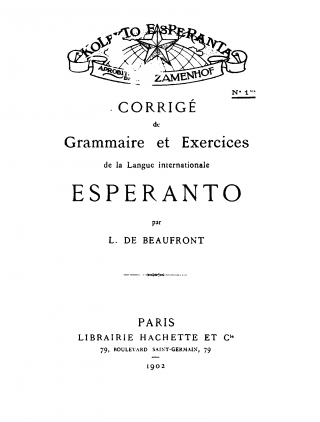



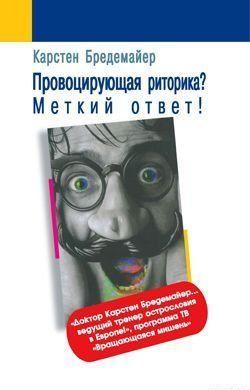
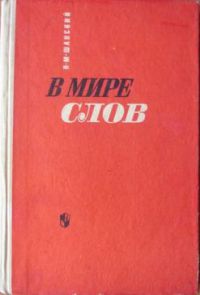
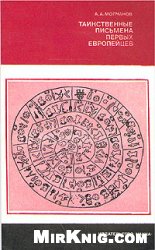

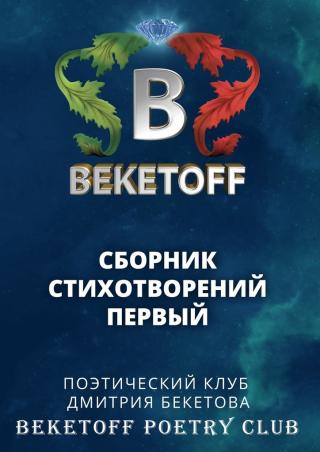
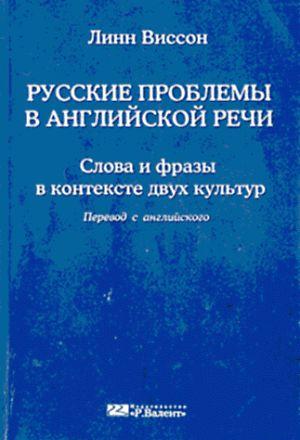
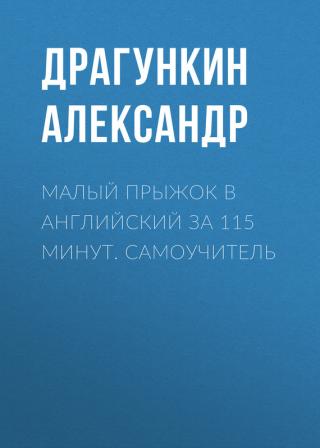
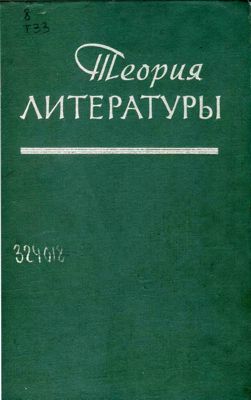
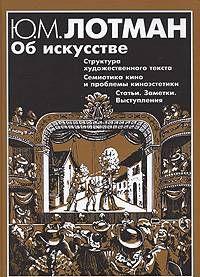
Комментарии к книге "Complete Manual of the Auxiliary Language Ido"